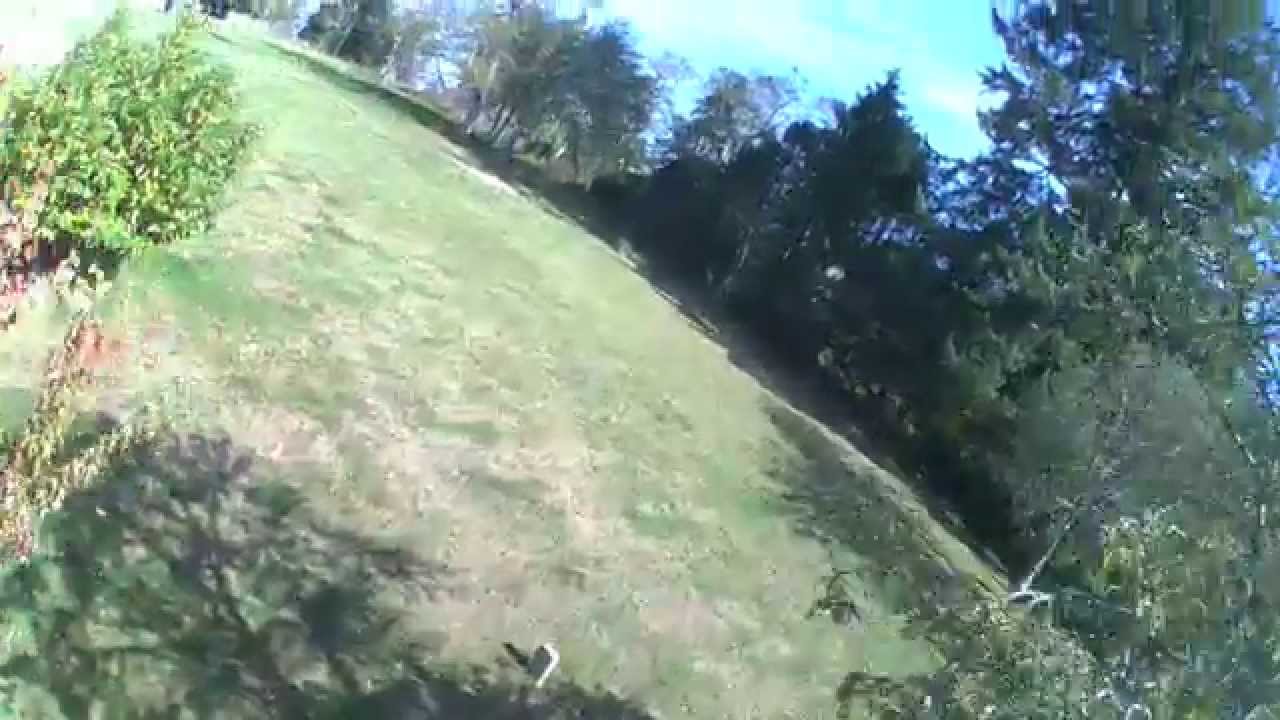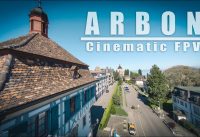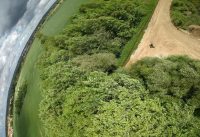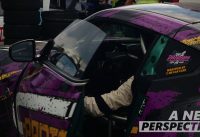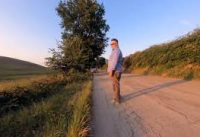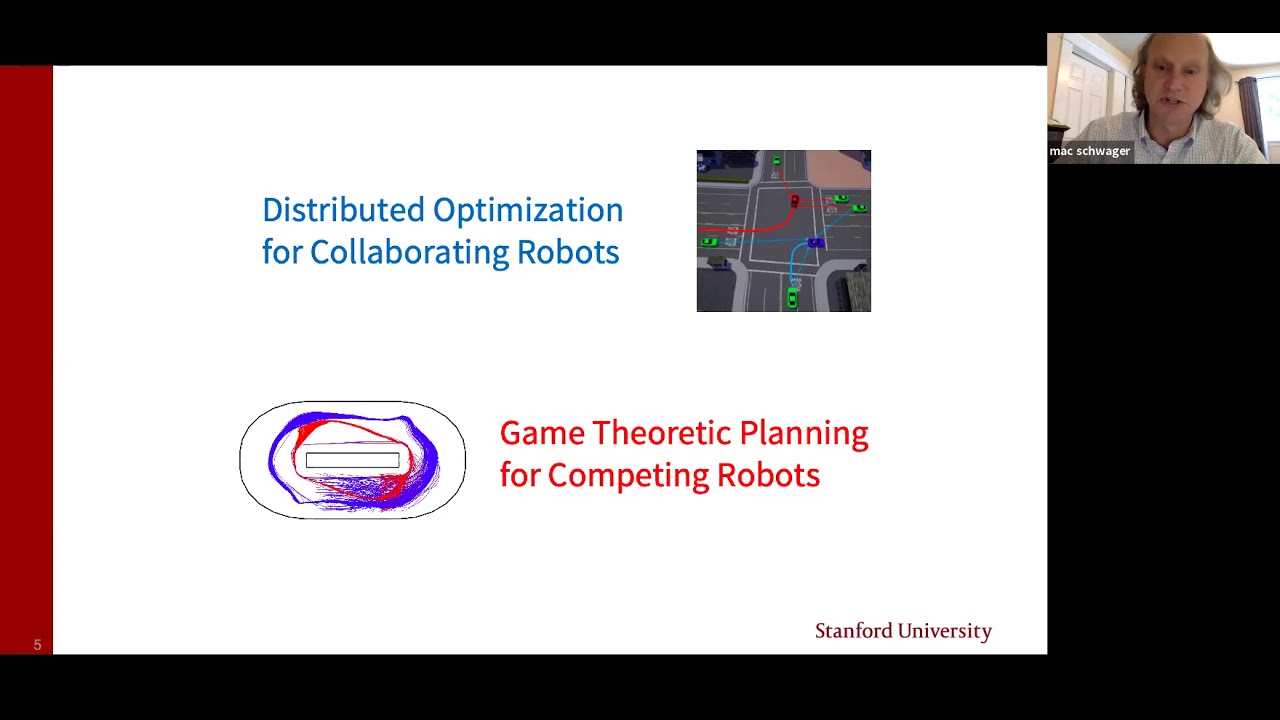Enabling Robots to Cooperate & Compete: Distributed Optimization & Game Theoretic Methods for Multiple Interacting Robots
Abstract: For robots to effectively operate in our world, they must master the skills of dynamic interaction. Autonomous cars must safely negotiate their trajectories with other vehicles and pedestrians as they drive to their destinations. UAVs must avoid collisions with other aircraft, as well as dynamic obstacles on the ground. Disaster response robots must coordinate to explore and map new disaster sites. In this talk I will describe recent work in my lab using distributed optimization to obtain algorithms for robots to cooperate, and game theoretic methods to obtain algorithms for robots to compete. I will describe a general and flexible method, called SOVA, for deriving distributed optimization algorithms for a variety of multi-robot collaborative problems. I will present an algorithm for fleets of autonomous cars to cooperatively track a large number of vehicles and pedestrians in a city, an algorithm for multiple robots to manipulate an object to a goal while avoiding collisions, and a distributed multi-robot SLAM algorithm, all derived using the SOVA method. I will also discuss algorithms based on the theory of dynamic games, in which each actor has its own objective and constraints. I will describe examples in autonomous drone racing, car racing, and autonomous driving that use game theoretic principles to solve for Nash equilibrium trajectories in real-time, in a receding horizon fashion. Throughout the talk, I will show results from hardware experiments with ground robots, autonomous cars, and quadrotor UAVs collaborating and competing in the scenarios above.
Bio: Mac Schwager is an Assistant Professor of Aeronautics and Astronautics at Stanford University. He directs the Multi-robot Systems Lab (MSL) where he studies distributed algorithms for control, perception, and learning in groups of robots and autonomous systems. He is interested in a range of applications including cooperative surveillance with teams of UAVs, autonomous driving in traffic, cooperative robotic manipulation, distributed SLAM, distributed trajectory planning, and autonomous drone and car racing. He obtained his BS degree from Stanford, and his MS and PhD degrees from MIT. He was a postdoctoral researcher at the University of Pennsylvania and at MIT. Prior to joining Stanford, he was an assistant professor at Boston University from 2012 to 2015. He received the NSF CAREER award in 2014, the DARPA YFA in 2018, and has received numerous best paper awards in conferences and journals including the IEEE Transactions on Robotics best paper award in 2016, the Best Paper Award in Robot Manipulation in ICRA 2018, and the Best Paper Award in Multi-Robot Systems in ICRA 2020.

